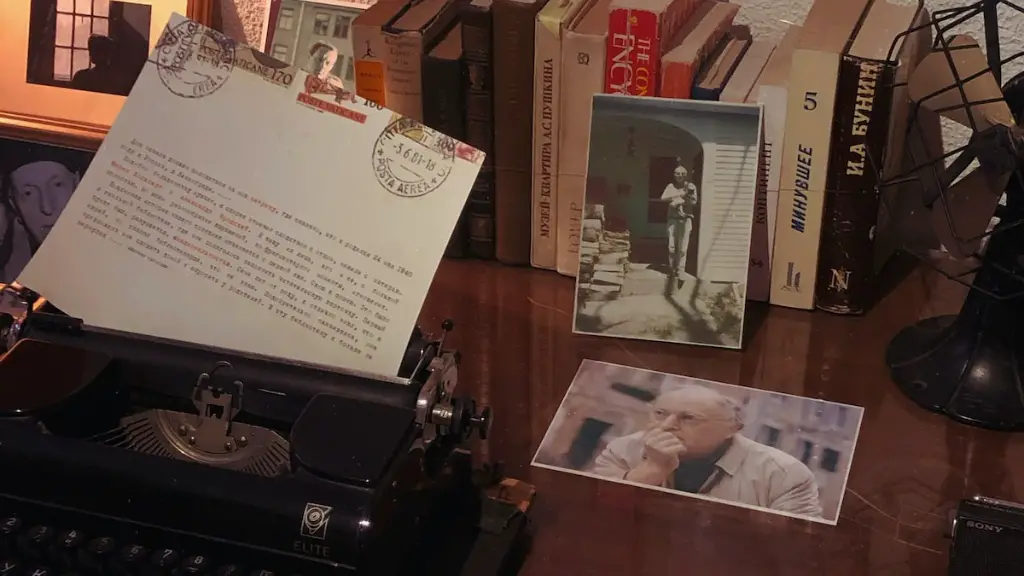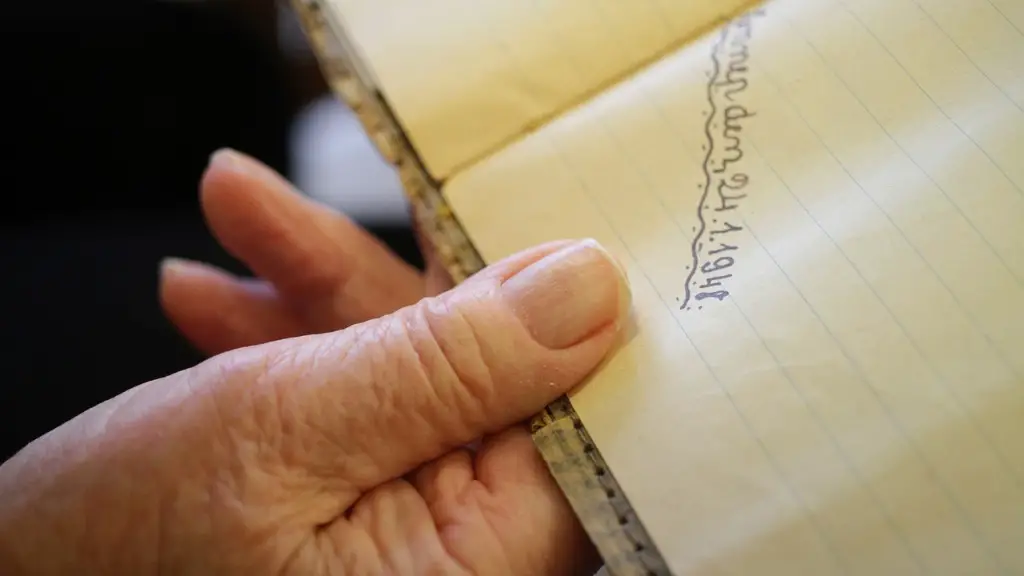If you’re a sufficiently advanced poet and you’re looking for a way to reach an even wider audience, launching a poetry podcast is a great option. Doing this will enable you to share your work with an even larger group of people than might have seen it before. By having a poetry podcast, you open yourself up to new opportunities when it comes to connecting with other poets, writing poetry with friends and family, and exploring different styles and conventions. In this article, we’ll go over how you can set up your own poetry podcast, from choosing the right platform to how you should go about recording your show.
First and foremost, you’ll need a way to spread the word about your podcast. There are many different options available—some of which are free and some of which cost money. One of the most popular methods is simply creating a website dedicated to your podcast and posting social media announcements and promotions. You can also submit your podcast to popular podcast directories such as Apple Podcasts, Google Podcasts and Stitcher. Finally, it might be worth investing in some light promotion through methods such as Facebook Ads or paid influencer placements.
Now that you have your online presence sorted, it’s time for you to start putting the pieces together for an episode. The best way to do this is to think of it as though you’re putting together a magazine article. You should have a main poem that is the focus of the episode, but you should also have smaller pieces, like segments or featured poets, which add additional context for your listeners.
The next step is finding your audience. Depending on the type of poetry you’re creating, there may be specific places or websites where you can find an audience. You should do some research to see if there are any existing communities or fan pages that might help you reach more potential listeners. Additionally, it might be worth reaching out to established podcast networks that may be interested in featuring your show.
Recording your show is the last piece of the puzzle. You’ll need some form of equipment that you can use to record your podcast, such as a microphone and an audio interface. You can also use software like Audacity or Pro Tools to record and edit your show. Once you have the equipment and software ready to go, you can now begin recording and producing your show.
Organising the Podcast
Organising a podcast is a crucial step when it comes to creating an effective podcast. The layout of your podcast is an important factor, since it can influence how your audience perceives your content and can affect their interest in continuing to listen. It’s important to think about how the layout and structure of your podcast can help give your content cohesion and flow.
It is also advisable to have a consistent theme for each episode and for your podcast as a whole. This will help to give your show structure and make it easier for your audience to know what to expect from one episode to the next. Additionally, this will also give you a platform to experiment with different segments and ideas. For example, you could feature a different poet in each episode and discuss their work, or have a segment where you talk about the craft of poetry and offer advice for aspiring poets.
Choosing when to upload your episodes should also be given careful consideration. Generally speaking, it would be best to upload one episode per week so as to keep your audience engaged; however, this should depend on your availability and how much content you are able to produce. Additionally, uploading episodes at the same time each week can also help to keep your audience informed and help to give them a sense of consistency.
Marketing the Podcast
The next step is obviously marketing your podcast. As previously mentioned, promoting your podcast on social media is a good place to start and can be done without requiring much effort. Additionally, submitting your podcast to relevant directories can also help you reach a wider audience.
It’s also worth reaching out to popular blogs and websites in your niche and asking them if they would be willing to feature you. Doing this can be a useful way to get your podcast in front of people who may not have otherwise heard about it. You should also look into forming collaborations with other podcasts and even curating events, such as readings or live podcasts. These will help your podcast gain visibility and reach out to an even greater number of potential listeners.
Monetising the Podcast
If you’re looking to monetise your podcast, there are a few different ways that you can do this. Firstly, you can consider asking for donations from your listeners, which you can encourage through incentives like exclusive content or access to special events. Additionally, you can look into partnerships with companies that may be willing to give you a cut of the profits from their products.
Advertising is also an option if you’re looking to make some money from your podcast. It’s worth noting that there are limits to what kind of ads you can have in a podcast, so it’s important to educate yourself on the rules and regulations of advertising in the podcast space. Additionally, you can also look into different types of affiliate marketing, such as sponsored content.
Conclusion
Running a successful poetry podcast is not an easy task but, if the necessary preparation and hard work is put in, the rewards can be quite great. By following the tips discussed in this article, you should be able to create a podcast that will draw in a wide audience and will be a springboard for introducing a new generation—and a wider audience—to the power of poetry.



